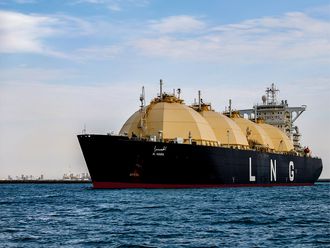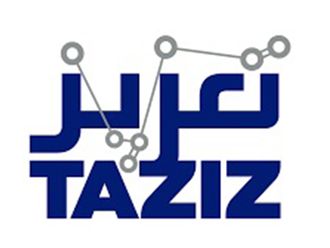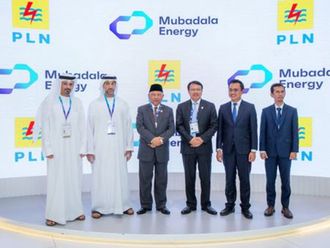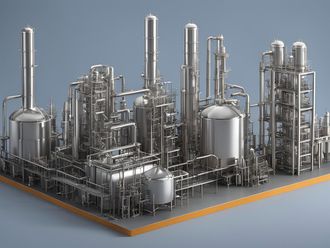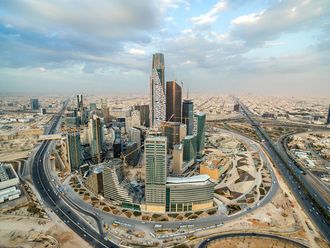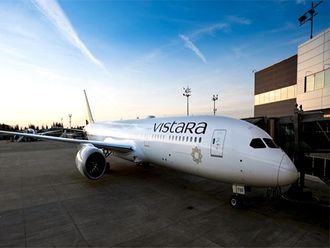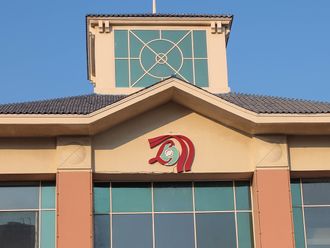Italian energy group ENI's CEO said yesterday the company hoped to sign soon a long-awaited deal to develop Iran's Darkhovin oilfield, a further solid buiding block in the group's profitable upstream strategy.
"We are still working on (the deal), there are some details that still have to be seen to, we hope to close it very soon," ENI CEO Vittorio Mincato told reporters on the sidelines of a conference in Milan.
ENI has become a market darling thanks to its deep and successful restructuring drive as well as a decision to move away from regulated investments - such as gas transmission - to the more profitable unregulated upstream investments in oil and gas.
These changes have brought the former state-owned business within striking distance of the industry's top five players. To investors' joy ENI shares have risen 5.5 per cent this year, considerably outperforming Italy's blue-chip MIB30 index which has fallen 16 per cent.
But as weaker crude prices pressured oil stocks across the board yesterday, ENI was trading down 3.4 per cent at 14.42 euros by 1520 GMT. BNP Paribas has set a target price of 17 euros for the share.
Bringing home the Darkhovin deal signed and sealed, analysts say, would not dramatically affect ENI's balance sheet but would add another feather in the company's growth prospects cap. "The deal is actually quite small, our understanding is that the size of the deal would be approximately some 300 million barrels of oil, Eni would invest around 400 million dollars and would net a production of 10,000 barrels a day over a seven-year period," said Caroline Cook, an oil analyst at Deutsche Bank in London.
ENI is currently producing around 1.4 million barrels a day. "The deal in Iran is all part of building up its upstream performance," she added. Iran has had to turn to foreign investors and capital to help develop its production capacity and to maintain its status and clout as Opec's second biggest producer.
ENI and other European energy firms, France's TotalFinaElf and the Anglo Dutch Royal Dutch/Shell, have grabbed the opportunity to enter such a rich market leaving behind their U.S. counterparts who have been held back by U.S. sanctions against Iran.
In 1996 the United States also introduced the Iran-Libya Sanctions Act (ILSA), due for renewal by August, which threatens sanctions even against non-U.S. companies investing more than $20 million in the oil or gas sectors of either Libya or Iran.
Under the presidency of Democrat Bill Clinton, however, sanctions were not applied. If ENI's signs the Darkhovin agreement it will be viewed as the first direct test of the newly installed Republican administration's position on act.
The industry believes President George W. Bush will not want to cause friction by punishing European companies. If ENI does clinch the deal, as is expected, it will be the latest in a series of arrangements between Iran and ENI. ENI last February said it had taken a 38.25 per cent stake in Iran's Balal oilfield project in a joint venture with TotalFinaElf and Bow Valley.
In July last year, ENI signed a deal with Iran that gave it a 60 per cent share in a $3.8 billion project to develop phases four and five of the giant South Pars gas field in the Gulf. Each deal, analysts say, will make ENI better placed for any other opportunity that arises in Iran.
"Iran offers huge potential, while the rates of return on these initial deals are not that high, they are seen as long term investments," Cook said.
ENI hopes to complete Iran oil field deal quickly
Italian energy group ENI's CEO said yesterday the company hoped to sign soon a long-awaited deal to develop Iran's Darkhovin oilfield, a further solid buiding block in the group's profitable upstream strategy.


